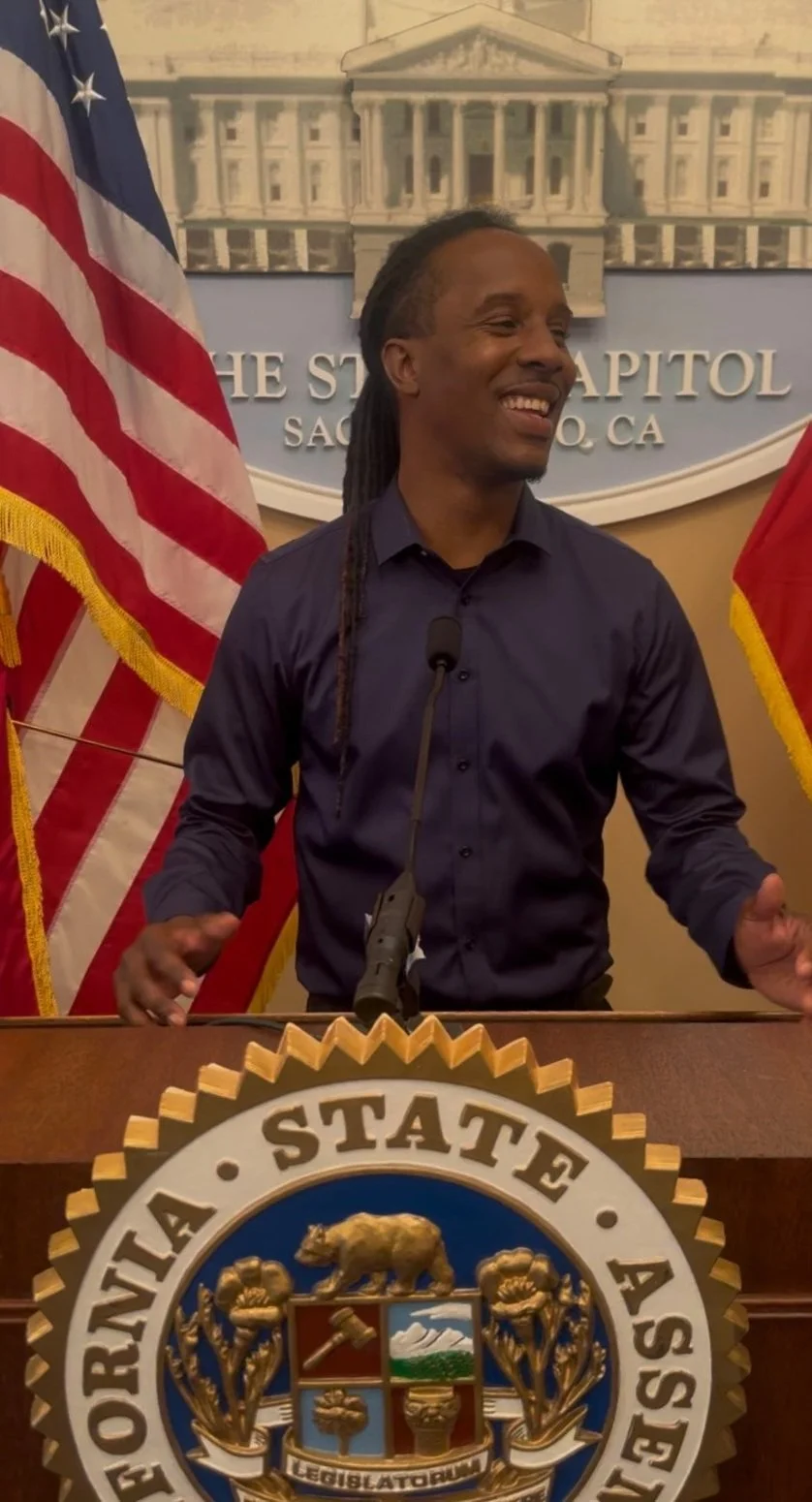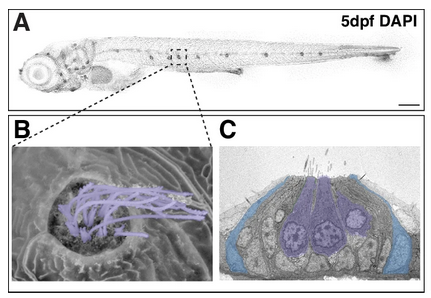By Richard Herring
This stamp from 1993 highlights the use of American Sign Language.
This 1976 Alexander Graham Bell stamp honors his inventions.
A.G. Bell was also put on a stamp in India.
National Postage Stamp Day is July 1. While we all know that collecting postage stamps, known as philately, is a popular hobby, there is a category of stamps many may not be aware of: stamps featuring hearing loss.
The Lions Club International’s $25 stamp issued in Liberia in 1999 featured Helen Keller and her secretary Polly Thomson.
Stamps are available either as unused or used stamps from around the world. Collectors covet the most rare examples, but even if you’re not collecting stamps, they are fun to search for online and read about their history.
There are several U.S. stamps featuring renowned individuals in the hearing loss community. These include Alexander Graham Bell, who invented the telephone. The History Channel says, “His interest in sound technology was deep-rooted and personal, as both his wife and mother were deaf.” Thomas Hopkins Gallaudet was a cofounder of the first permanent school for the deaf in North America. Stamps also feature Helen Keller and her teacher Anne Sullivan, and Juliette Gordon Low, the founder of the Girl Scouts, who was very hard of hearing.
Others include the poet Robert Panara, who cofounded the the National Technical Institute for the Deaf and the National Theater of the Deaf; sculptor Daniel Chester French who created a statue of Thomas Hopkins Gallaudet and Alice Cogswell, who inspired Gallaudet, at Gallaudet University and who also created the statue of Abraham Lincoln that is in the Lincoln Memorial; and a mother using American Sign Language to tell her baby “I love you.”
The Lions Club International even had a $25 stamp in Liberia featuring Helen Keller with her secretary Polly Thomson.
To learn more about such stamps, search around the internet and enjoy the world of stamp appreciation and collecting. Other resources include books and reference materials to ascertain which stamps to be on the lookout for and their values.
Richard Herring lives in Florida.










Two people have the same audiogram results but one can follow conversations at a loud party, while the other feels completely lost and overwhelmed. We set out to examine why.